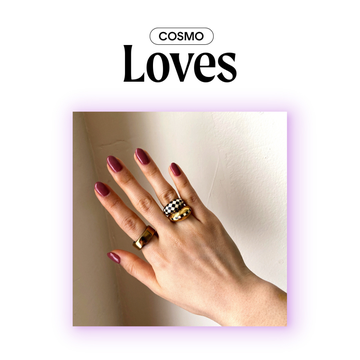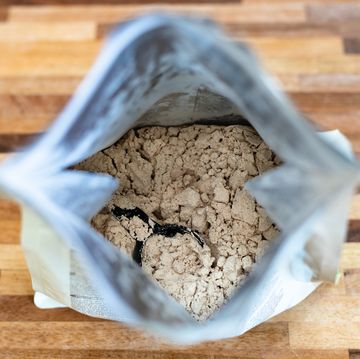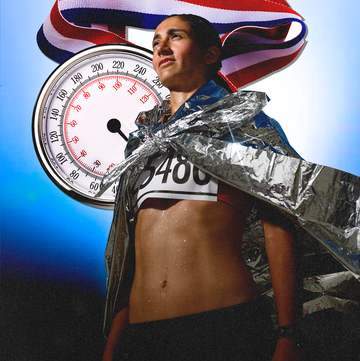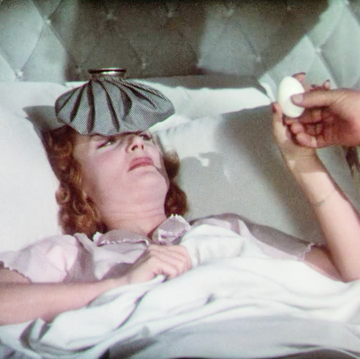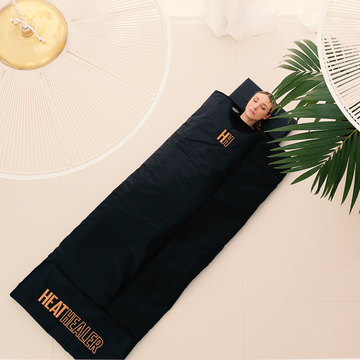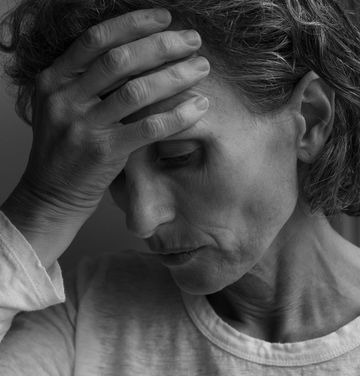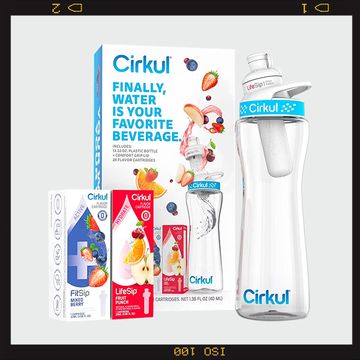On the surface, PMS and pregnancy seem to have a lot in common: Mood swings. Food cravings. Cramping. So you'd think that your first pregnancy would be more of the same crap you've been putting up with since your first period.
The thing is, that theory isn't entirely true. "There's no clinical or anecdotal evidence to suggest that women who have terrible PMS will have worse pregnancies," says gynecologist Lauren Streicher, M.D., an associate clinical professor of obstetrics and gynecology at Northwestern University and author of Sex Rx: Hormones, Health, and Your Best Sex Ever.
Of course the misconception is understandable: PMS occurs during the second half of your cycle when progesterone, aka "the pregnancy hormone," fluctuates. This fluctuation is the key difference between PMS and pregnancy: When you get pregnant, your progesterone levels don't go up and down like they do during your regular cycles. Instead, progesterone and estrogen levels both rise steadily, Dr. Streicher explains. The consistency can actually fend off some annoying PMS symptoms like breakouts, and could be why people say pregnancy gives your skin a gorgeous "glow."
At the end of the day, only genetics, the symptoms you experienced during your last pregnancy if you've been pregnant before, and luck can predict if you'll be nauseous as hell and moody, or if you'll just need more pickles when you're pregnant.
So, for the record: The only thing terrible PMS can tell you about pregnancy is that those nine period-free months will provide a sweet relief from your typical PMS symptoms — at least until the baby comes, when your cycle will resume in all its miserable glory.
Follow Elizabeth on Twitter and Instagram.

Elizabeth Narins is a Brooklyn, NY-based writer and a former senior editor at Cosmopolitan.com, where she wrote about fitness, health, and more. Follow her at @ejnarins.


